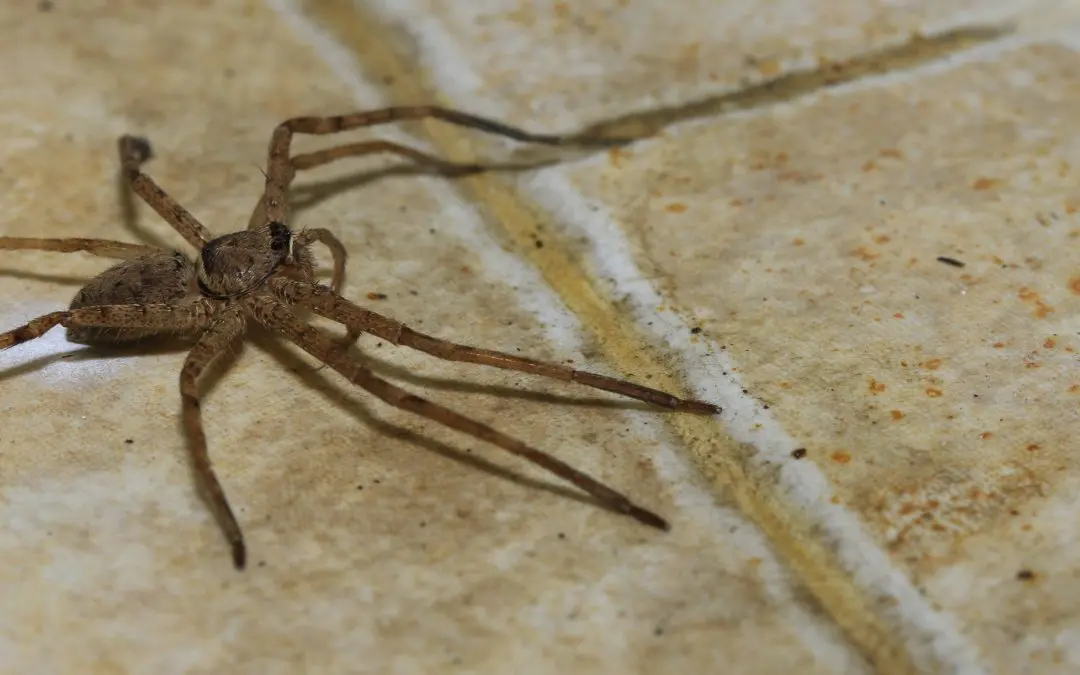Common Mistakes Attracting Spiders: How to Keep Them Out
If you’re finding more spiders in your home than you’d prefer, you’re not alone. While common house spiders, like the American house spider and cellar spiders, may be generally harmless, their presence can be unsettling. Addressing the factors that make your home attractive to spiders is crucial for effective pest management. Here are 10 common mistakes and proactive solutions to create a spider-free environment:
1. Leaving Lights On at Night
Bright lights serve as beacons for flying insects, attracting spiders to prime real estate near these lights. Minimize outdoor lighting and use motion sensor lights to reduce insect (and spider) attraction. Consider replacing standard outdoor bulbs with yellow sodium vapor lights, which are less appealing to insects.
Indoors, draw blinds or curtains at night to minimize light spillage. Regularly clean around light fixtures to remove webs and discourage spiders from setting up camp.
2. Not Managing Other Insect Populations
Spiders thrive where there’s an abundance of insects. Regularly cleaning drains and keeping windows and doors closed can help control insect populations. Maintain cleanliness in your home to eliminate food sources for both insects and spiders. Address standing water issues promptly, and consider professional pest control for severe infestations.
3. Having Indoor Plants
While indoor plants can enhance your living space, they can also unintentionally attract insects that spiders feed on. Manage plant watering carefully to avoid creating a moist environment. Regularly inspect plants for pests and consider introducing natural predators like ladybugs. Place plants away from entry points to reduce the influx of insects and the spiders that feed on them.
4. Ignoring Moisture Issues
Spiders seek moisture, making damp environments attractive to them. Address moisture problems in your home by fixing leaks and using dehumidifiers in areas prone to humidity, such as the basement, attic, and bathrooms. Properly seal cracks and gaps in your home’s structure to prevent moisture and make it less inviting for spiders.
5. Neglecting to Clean Your Yard Regularly
A well-maintained yard is essential to reducing the population of spiders in your home. Tall grass and dense bushes provide hiding spots for insects, attracting spiders. Regularly mow the lawn, trim bushes, and clear clutter. Keep trash cans sealed tightly, and clean outdoor furniture regularly. If you have a garden, move storage bins occasionally to disturb potential spider hideouts.
6. Not Sealing Cracks and Openings
Unsealed cracks are like open doors for spiders. Identify and seal cracks around windows, doors, pipes, and your home’s foundation. Check window and door screens for tears regularly and repair or replace damaged ones. Manage outdoor landscaping to avoid overgrown vegetation that can provide pathways for spiders to enter.
7. Uncovered Chimneys
Chimneys are common entry points for spiders. Install chimney caps to prevent not only spiders but also other critters from entering. Store firewood away from your home’s foundation, reducing the chance of spiders hitching a ride inside. Consider installing a door on your fireplace to deter spiders when it’s not in use.
8. Leaving Food Out
Insects are a primary food source for spiders, so controlling them is crucial in managing spider infestations. Be diligent about food storage, ensuring all food, including pet food, is kept in airtight containers or the refrigerator. Clean up spills immediately, take out the trash regularly, and maintain a deep cleaning schedule that includes areas where food spills commonly occur.
9. Not Using Screens on Windows and Doors
Insect screens act as a crucial barrier against spiders and other pests. Regularly check screens for tears or gaps, and repair them promptly. Consider installing screens on vents and other large openings in your home. Different types of screens are available, so choose those that provide optimal protection for your specific needs.
10. Leaving Clutter in the Attic and Around the House
Attics are often undisturbed and cluttered, providing ideal conditions for spiders to thrive. Decluttering your attic is a crucial step in preventing spider infestations. Keep the area organized, vacuum and dust frequently, and remove any spider webs you find. Extend this decluttering practice to other areas of your home, such as basements, garages, and storage rooms.
Follow these comprehensive strategies to create a spider-free environment in your home. By addressing these common mistakes and implementing proactive solutions, you can significantly reduce the likelihood of spider infestations.
AWP Home Inspections offers inspection services to homebuyers and sellers in West Central and Central Indiana. Contact us to schedule an appointment.

